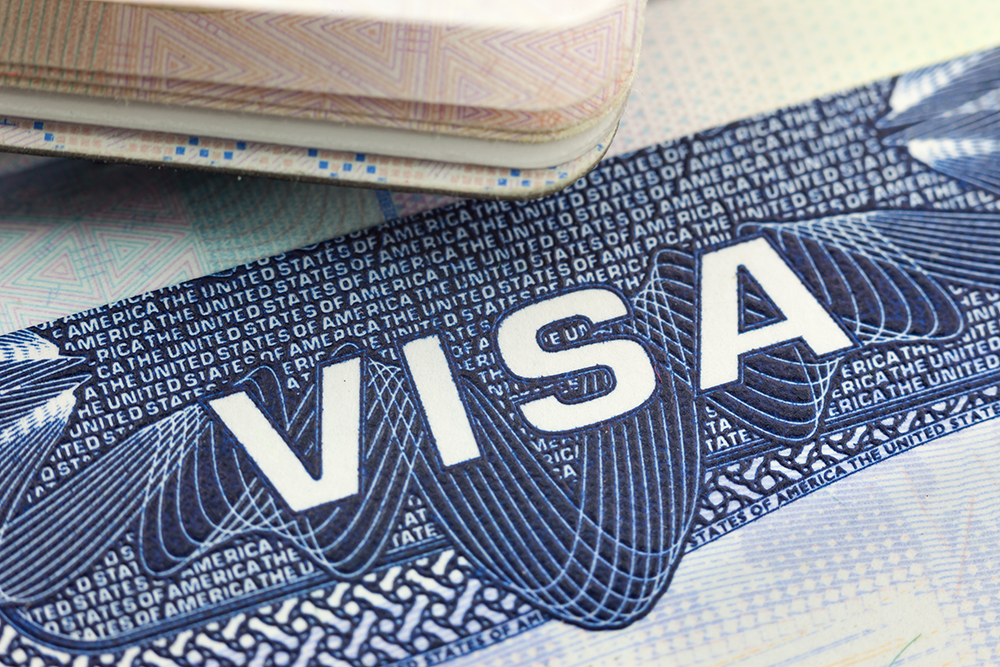
The Alliance joined the Reporters Committee for the Freedom of the Press and 36 other media organizations urging the Department of Homeland Security (DHS) to scrap a proposal introduced in September that would restrict visas for foreign journalists working in the United States. The proposal involves changes to several visa programs that, if finalized, would impact foreign students, exchange groups and foreign journalists coming to and staying in the United States.
Under the DHS proposal, “I visas,” given to foreign journalists, will be limited to eight months, with an opportunity to extend for another eight months. Not only is the limit troubling, but the proposal would require that DHS review “the content that the foreign information media representative is covering in the United States,” to determine the eligibility for this extension.
Under the existing policy, which has been in place for nearly forty years, individuals who are representatives of “foreign information media outlets” are allowed to remain in the United States for the entire period in which they are engaged in journalist activity for a news organization.
According to foreign press organizations, journalists generally stay in the U.S. for two to five years, which enhances their understanding of the U.S. and therefore, enriches the news reporting that is distributed to the rest of the world.
Exposing a foreign journalist’s work to government scrutiny when their initial visa term expires would have a chilling effect on newsgathering, as reporters – eager to have visa extensions approved – will reflexively avoid engaging in critical reporting of the U.S. government. In their comments to DHS, the media organizations argued that examination of journalistic content is simply unnecessary to demonstrate eligibility if the applicant can produce a contract for employment with a qualifying foreign news organization.
Furthermore, as journalist visas are often based on reciprocal arrangements between countries, the new restrictions could place journalists in the middle of disputes between the U.S. and other countries. For example, if a foreign journalist working in the U.S. is denied an extension of his or her visa after government review, this could invite foreign countries to retaliate against U.S. journalists working in their countries, as has been the case with recent denials of journalist visas by the U.S. and China.
The United States should be a beacon for free speech and a free press, and these restrictions further damage our country’s reputation as a free and open democracy.
DHS acknowledges in its proposal that there is no data on occurrence of fraud and abuse – or threat to national security – with foreign journalists working in the U.S. under the I visa program. It attempted to justify its proposal by saying, “the number of representatives of foreign information media has more than doubled” since 1985, when the existing framework was introduced, a weak rationale for changing an immigration framework that has worked well in support a free press and the free flow of information around the world. DHS should spike this ill-conceived proposal.
